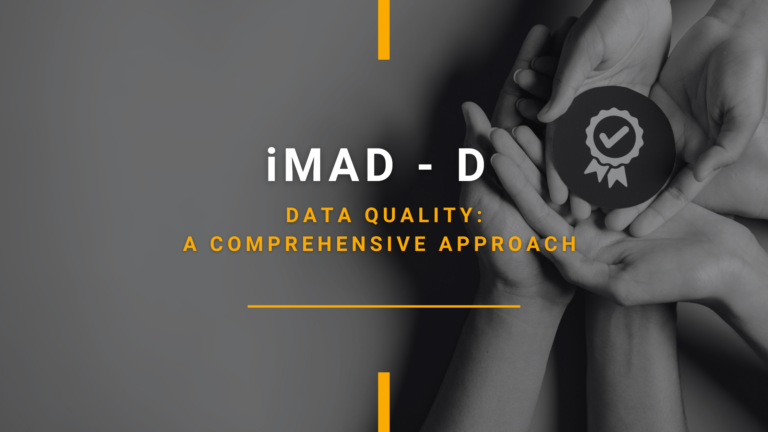We talked with a two senior members of the iMAD Research team, Abhishek Soni (co-founder and Director of Quantitative Research at iMAD) and Andrew Pfau (President – iMAD USA) and asked: with decades of experience between the two industry veterans, what are their top three strategies for project management success? Specifically, we wanted to know what sets iMAD Research apart from other panel providers, and what principles that other project managers in the market research industry and beyond could potentially put into practice to help them achieve their goals of excellent customer service and rich insights for their clients. Below are their suggestions for processes that drive success, and examples from recent projects where putting these strategies into practice made all the difference.
1. Better Understanding the Scope of the Survey Leads to Great Deliverables
It’s important for all members of our team to understand the scope of the research as well as how the research results will be used. This starts with a consultative approach to sales as well as detailed and proactive communications throughout the project. For example, we recently ran a project with building contractors in the US, and in addition to understanding their sample expectations, it was important to understand how the research will be utilized by the client. Part of our project kickoff process is to understand if similar research has been conducted by the client in the past: What did they experience? How many open end questions are included in the survey? What was the actual IR and survey length vs. anticipated IR and survey length? Will our client include any additional third party data security (as we use Research Defender)? Better understanding these project details helps us set proper expectations both internally and externally.
In this instance, our sales team also uncovered that our client had run similar projects in the past with other suppliers and were going to compare the results, wave over wave. This can pose some additional challenges for data collection and analysis, as not all research suppliers recruit their panels (and respondents) the same way. Knowing this, we asked for a broad set of demographics from their previous research so that we could try and replicate as closely as possible. This approach resulted in the final survey data being much more comparable, wave over wave. In the end, the client was extremely pleased with our collaboration and overall consultation throughout their experience.
2. Seek Timely Feedback
Prior to launch, it is important that our project managers set clear expectations with the client. To accomplish this, we start with a project checklist that is shared with the client. We also set expectations on the amount and type of communication that will happen throughout the fielding process. We always suggest daily updates to start. Some clients might like more, some less – and we are prepared to accommodate their needs. In addition, it’s important for us to understand what would they like us to share, what we would like to receive in return. Lastly, having an experienced Project Management team allows us the opportunity to make suggestions and recommendations while in field to help accomplish their research goals and timelines. Having global 24/7 customer support allows us to meet these individual client needs.
Last month, we received feedback from a new research client, conducting a global research project with corporate financial decision makers, who was very surprised (and impressed) by the level and quality of our project communication. “Wow – I’ve never received such proactive and thoughtful responses from a PM Team…thank you”!
3. Expect and Accommodate Changes:
As anyone who’s been in the market research and data collection world knows, change is inevitable! There are always many moving parts in online survey research which all need to be successfully coordinated to achieve great research outcomes! It’s critically important to understand how the different changes will impact project goals, timelines, and costs. Our experienced project management team anticipates changes and even welcomes them! Having a global survey programming and project management team allows us to react in real-time to any client updates, whether it be last minute survey programming edits or changes in the sample plan. How our team reacts to these requests helps set us apart and provide the industry’s best customer service. We quickly assess and communicate to the client any potential impact of their changes on the research. Will these changes possibly extend or shorten field time? Will they impact the data? Will they impact the overall cost of the project? It’s critically important to share these expectations and provide any possible alternatives to keep the research on track and on budget.
As an example, last quarter, one of our regular sample only clients came to us with a last minute request: they needed to get into field with a project right away, however, they lacked the internal resource availability to program the survey. They wanted to know if we would take a look at the questionnaire and see how quickly we could get it programmed. Having an experienced programming team in place, we were able to turnaround the survey quickly, in less than 24 hours. The clients were impressed with both the speed and quality of our programming! Additionally, they took advantage of the ability to host the survey with us, as well as utilizing our proprietary sample so that we were able to remove any possible poor data in real time, saving our clients time on data cleaning and ensuring the initial programming delay did not impact their overall project timeline.
If you would like to learn more about iMAD’s services, including project management and 24/7 customer service, click here.






